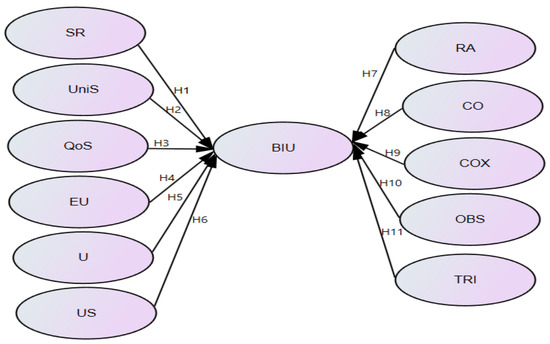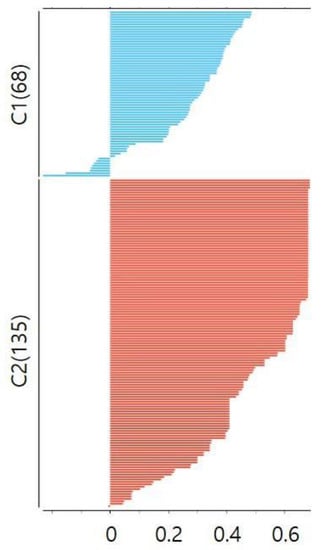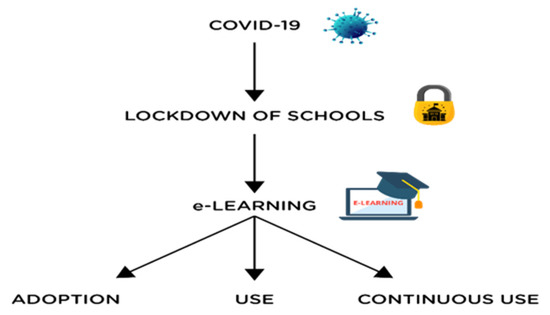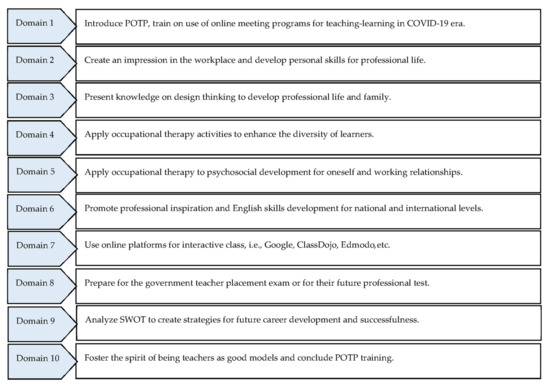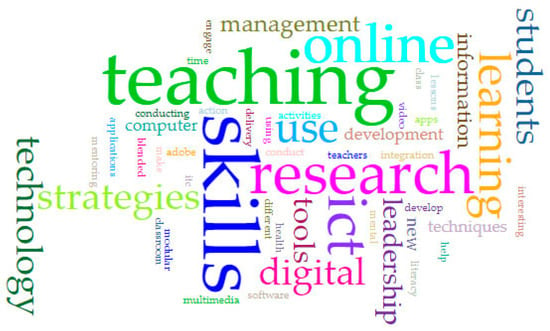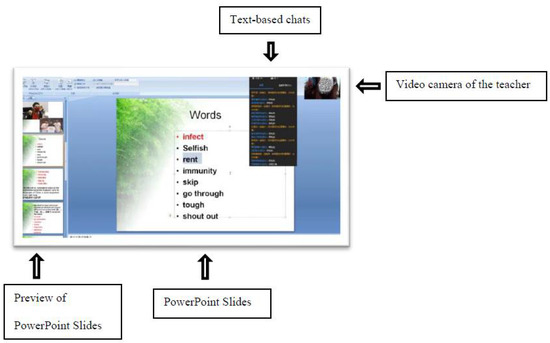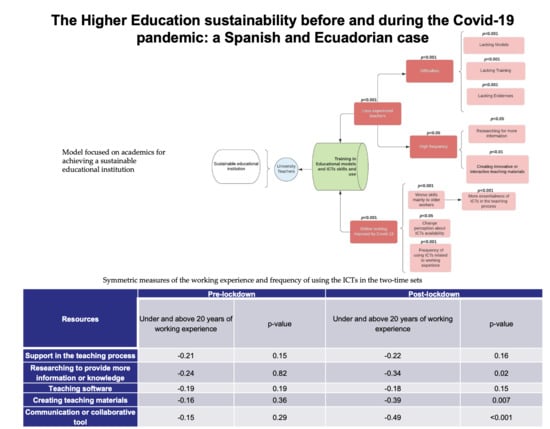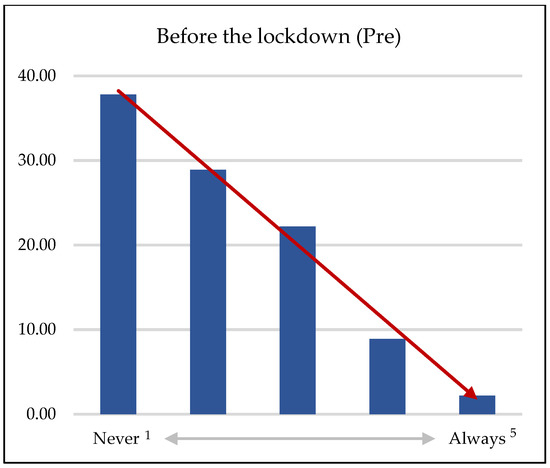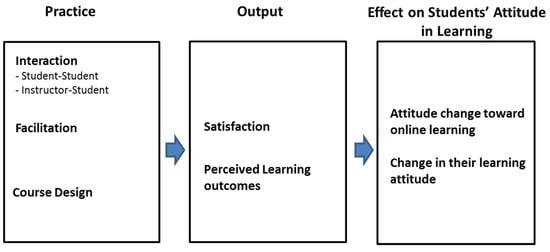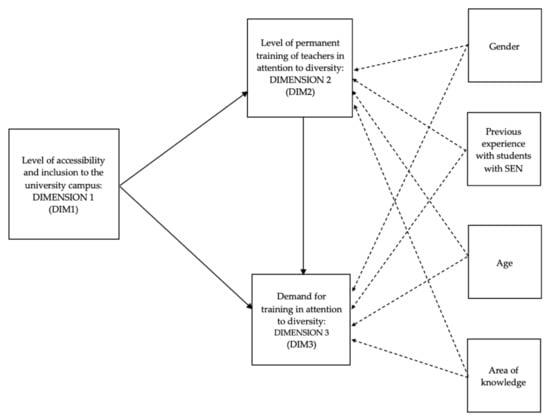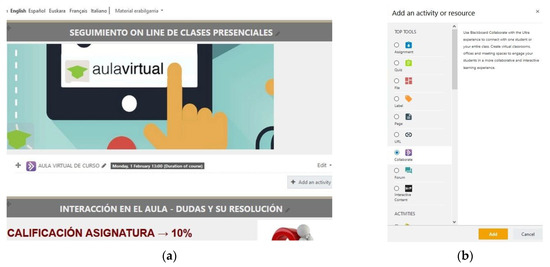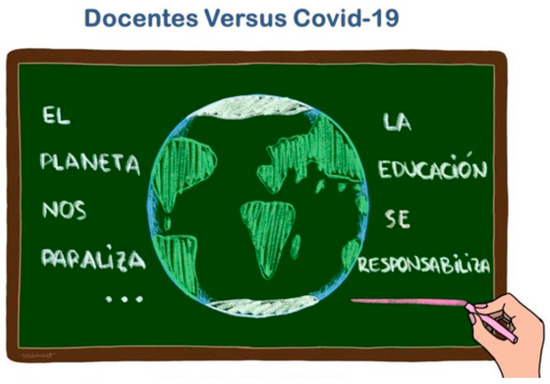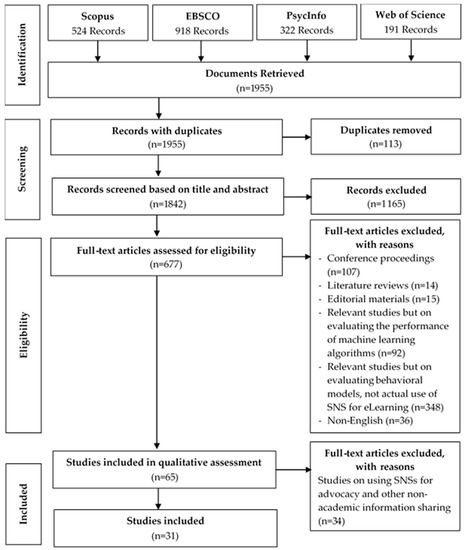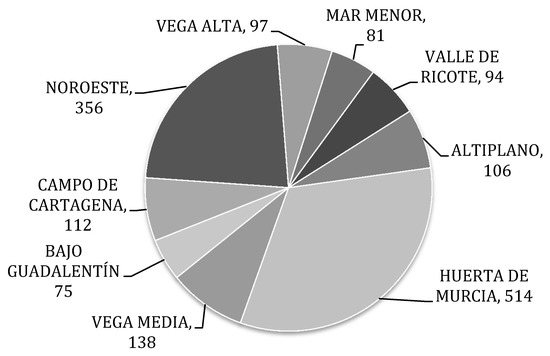Education, Innovation and Training for Sustainable Development in the Context of COVID-19
A topical collection in Sustainability (ISSN 2071-1050). This collection belongs to the section "Sustainable Education and Approaches".
Viewed by 135068Editors
Interests: educational guidance; teacher training; social education; educational technology; sustainability education; educational innovation; active methodologies; gamification; digital skills
Special Issues, Collections and Topics in MDPI journals
Interests: teacher training; early childhood education; educational technology; sustainability education; social networks; educational innovation; active methodologies.
Special Issues, Collections and Topics in MDPI journals
Interests: teacher training; curriculum development; ethics and citizenship; sociocultural animation; educational deontology; human rights and citizenship education; bio-narrative research; curricular sustainability
Special Issues, Collections and Topics in MDPI journals
Topical Collection Information
Dear Colleagues,
In 2015, the UN approved the Agenda 2030 on Sustainable Development, with the intention of stopping the gaps from growing and gradually closing them. These 17 Sustainable Development Goals are presented as a master plan that covers the most painful global challenges for the knowledge society; here, we shall address Goal 4 of quality education. Education enables upward socioeconomic mobility and is key to escaping poverty and closing social gaps; however, approximately one fifth of the world's school-age population is not in school.
This situation is compounded by the COVID-19 pandemic, which has led to the temporary closure of schools, affecting more than 90% of students worldwide. This situation has influenced the quality of their learning and dramatically changed their lives, especially those of the most vulnerable and marginalized children.
The use of active learning methodologies with the use of information and communication technologies is essential, as they improve the perception of learning and facilitate the teaching process. Therefore, this Special Issue seeks experiences and research that address issues related to active methodologies, online education, learning communities, gender equity, measures to reduce school dropout, and school literacy experiences and sustainability in the face of COVID-19, among other aspects addressed in the keywords.
We believe that this Special Issue is timely for Sustainability because of the potential of the topic, since it covers an important area, quality education, highlighted by the UN 2020–2030 agenda’s SDGs. Due to this, we expect to receive a significant amount of manuscripts. As this is a topic of special relevance in the field of education, it is expected that this Special Issue will set a precedent and serve as a reference in the subject of today’s sustainable educational challenges. Therefore, it is expected that it will be highly consulted and cited.
Dr. José Antonio Marín-Marín
Dr. Santiago Alonso-García
Dr. Fernando José Sadio-Ramos
Collection Editors
Manuscript Submission Information
Manuscripts should be submitted online at www.mdpi.com by registering and logging in to this website. Once you are registered, click here to go to the submission form. Manuscripts can be submitted until the deadline. All submissions that pass pre-check are peer-reviewed. Accepted papers will be published continuously in the journal (as soon as accepted) and will be listed together on the collection website. Research articles, review articles as well as short communications are invited. For planned papers, a title and short abstract (about 100 words) can be sent to the Editorial Office for announcement on this website.
Submitted manuscripts should not have been published previously, nor be under consideration for publication elsewhere (except conference proceedings papers). All manuscripts are thoroughly refereed through a single-blind peer-review process. A guide for authors and other relevant information for submission of manuscripts is available on the Instructions for Authors page. Sustainability is an international peer-reviewed open access semimonthly journal published by MDPI.
Please visit the Instructions for Authors page before submitting a manuscript. The Article Processing Charge (APC) for publication in this open access journal is 2400 CHF (Swiss Francs). Submitted papers should be well formatted and use good English. Authors may use MDPI's English editing service prior to publication or during author revisions.
Keywords
- quality education
- COVID-19
- sustainability
- teacher training
- educational innovation
- active methodologies
- ecosystem learning
- 21st-century skills
- sustainable development goals
- information and communication technologies
- inclusive education








